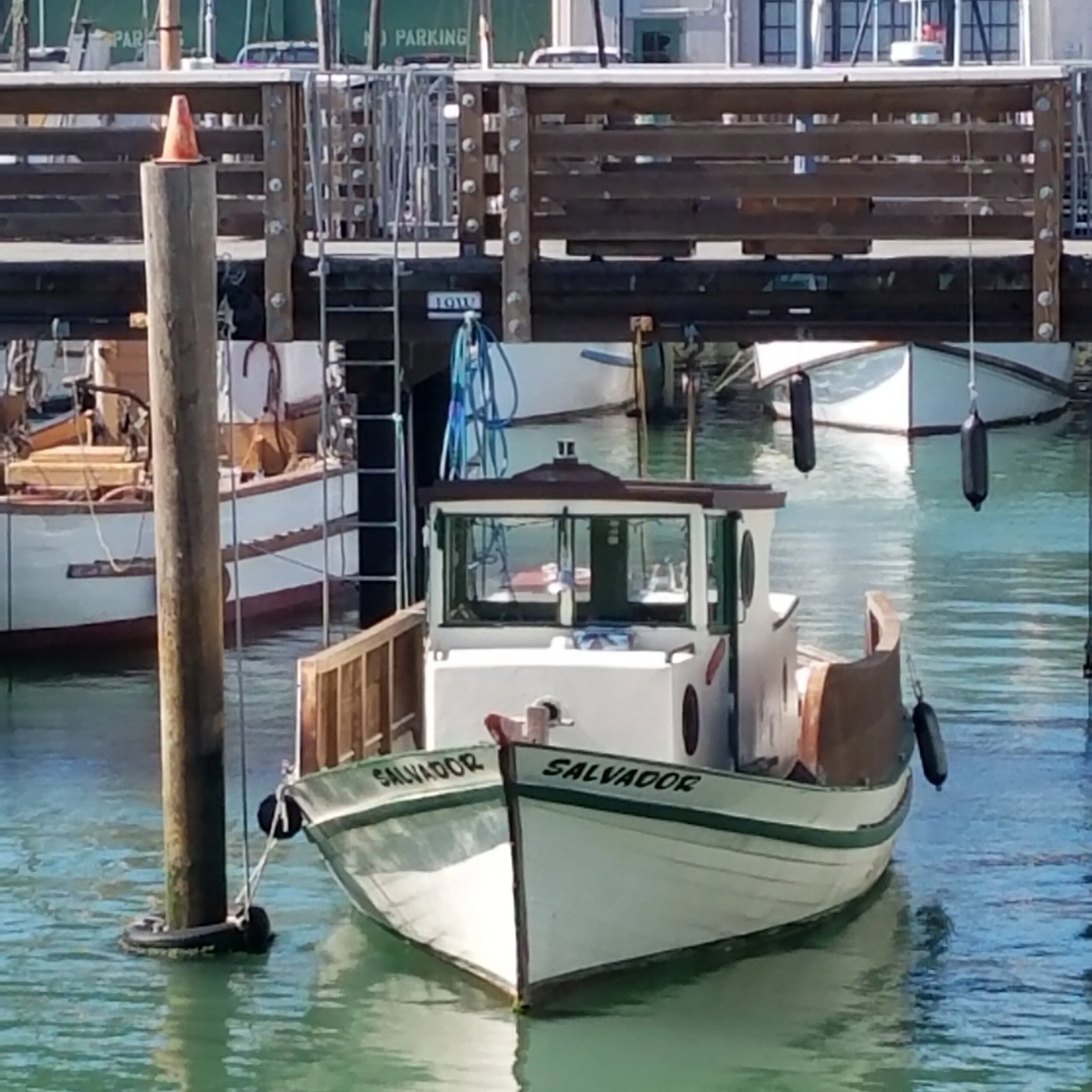Managing Creative Drift
Most Holy Spirit! Who didst brood
Upon the chaos dark and rude,
And bid its angry tumult cease,
And give, for wild confusion, peace;
Oh, hear us when we cry to Thee,
For those in peril on the sea!
-The Navy Hymn
Will you permit me the luxury of yet one more writing-is-like-a-ship metaphor? I promise it’ll be good. Or at least short.
Building your writing career is a bit like trying to drive a big and unwieldy ship out onto the open sea with no navigation device at hand: at the start, when you’ve first set out from the harbor, you don’t have a clear destination in mind. And so you say “Yes” a lot, letting yourself be carried along by interesting current your encounter.
And this is great, because you’re still learning about what you like and what you’re good at, discovering where you want to go. You’re hungry for new experiences. You’re trying to stay financially afloat, too, and that often necessitates going with the flow.
The general wisdom holds that if you let these serendipitous currents move you along for awhile, you’ll eventually drift your way into a niche of satisfying work, and there you can profitably drop anchor, and that will be that.
But the truth is, this usually doesn’t happen on its own; creative work is often too random and broad in scope for such an approach to guide you somewhere meaningful. Instead, direction is something you must learn to manifest from the inside. And that only happens when you’ve devised a reliable navigation system, AKA, gotten clear on what you like and don’t like, are good at and not good at, which projects make you feel full-up at the end opposed to depleted.
Learning all this enables you to consistently steer your ship in the direction of the opportunities that excite you, if you want, but it also means steering away from those opportunities that just happen to cross your path.
Fail to do this, and you’ll find yourself buffeted about aimlessly, taking on whichever random projects surface, and though you can carry on in this manner for years or even for an entire career, and have some fun and make some money while you’re at it, this approach foments a lot of uncertainty.
In fact, it can lead to a sense of being permanently creatively adrift. And that is not fun or sustainable for most folks.
This is why it’s important to track your enjoyment and sense of creative contentment as closely as you track your income or your output. Once you’re confidently under way, you’ve got to develop the discipline to say, “Nope, sorry, I’m not headed that way,” even to really cool-sounding or lucrative stuff that materializes over the horizon, or you’ll constantly get knocked off course.
So, today, I say a prayer of solidarity for those creative folks in peril at sea. I’ve been there. I know the discomfort of drifting. So, creative friends, here’s to gaining your bearings! May you find them, may you know them, may you trust them.





